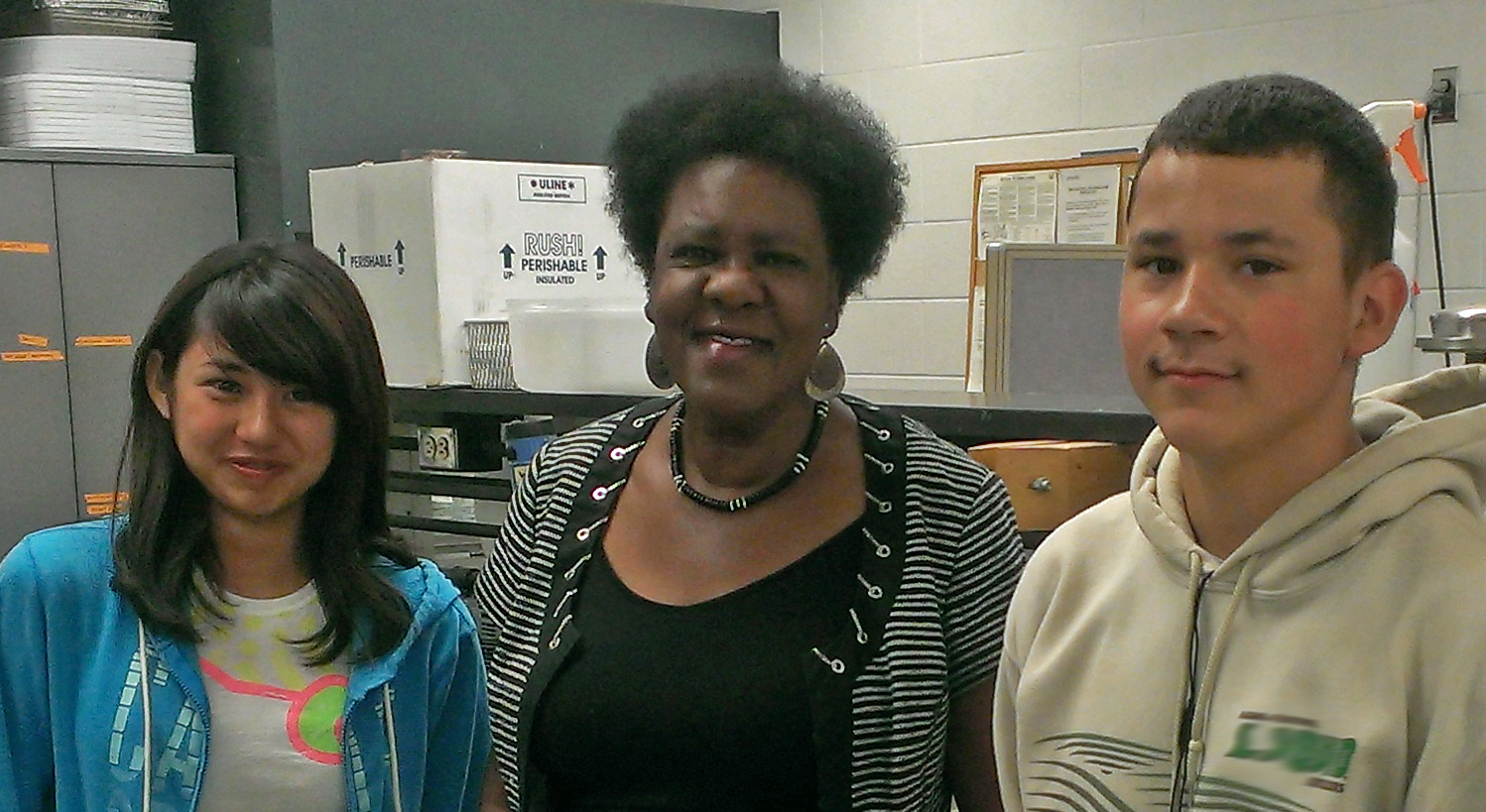Book of Black entomologists’ memoirs shows young people the possibilities
Book co-editor Willye Bryan says young Black people need to see individuals who look like them in the field of entomology as an incentive to choose the field as a career.

Reasons for low numbers of African Americans and other minorities in the field of entomology are multi-layered and a challenge to address. Young Black people have negative associations and experiences with farming and rural settings where much of entomological work occurs. In most instances, agricultural careers are seen as field work that is generally equated with past injustices experienced by African Americans in the U.S. Even urban entomologists do not intentionally recruit in urban schools or programs that mentor African American young people. Most young people have little interaction with those working in the sciences and racism is a factor as well.
With heightened awareness that the entomology field needs more diversity, one step people can take is to amplify a resource already in place that showcases careers of Black entomologists. The book “Memoirs of Black Entomologists: Reflections on Childhood, University, and Career Experiences” was published by the Entomological Society of America (ESA) in 2015. It includes three entomologists who studied or worked at Michigan State University and one of them, Willye Bryan, was part of the book’s editorial team.
“When I first went to the annual ESA meeting in the early 80s, there weren’t many Black people attending, probably about 10 or 12,” Bryan said. “We would get together for dinner and often discuss whether we should have a group within ESA for Black entomologists. Some liked the idea, others less so.”
In the 1990s, University of Maryland’s Professor Emeritus Pedro Barbosa built a database of Black entomologists and circulated it for more people to be identified and added. “That generated quite a list,” Bryan said. “We started to meet as a group.”
In about 2011, Eric Riddick, a research entomologist at the USDA Agriculture Research Service in Stoneville, Mississippi, suggested collecting the stories of Black entomologists for publishing in an inspirational book.
Riddick pitched the idea to ESA and the Society agreed to publish it. “It took a couple of years to write and we published in 2015,” Bryan said. “We kept receiving more names and had to cut it off, hoping we could publish an update with more people later.
“Work hard, do not get discouraged, and seek help and advice when needed. Your hard work will pay dividends later.” Key advice for students from Oscar E. Liburd. Quote from Memoirs.
“While worthy, our efforts still felt woefully lacking. It is hard to get students into this agricultural field. They don’t see people they can emulate.”
Bryan has for years made her own efforts to promote entomology to young Black people. In 2004, she began managing MSU’s Pesticide Alternatives Laboratory for Professor Emeritus Mark Whalon and was pleased to find when she arrived that Whalon hosted high school students in the College of Agriculture and Natural Resources’ Multicultural Apprenticeship Program (MAP). The four-week summer program brings students of color to campus research labs and culminates in students presenting their research to friends and families at a celebratory dinner.

Bryan also takes students to the MSU Bug House where most recently she was pleased to meet Entomology’s academic adviser Amanda Lorenz-Reaves, who had a copy of the memoir book with her and asked Bryan to sign it.
The book features the careers of over 20 Black entomologists. The others with MSU ties include Lincoln Morris Moore (deceased) and Professor Oscar Liburd (University of Florida).
“People can share the book, get it into the hands of those who make decisions, including hiring and managing student programs,” Bryan said. “Be intentional with your efforts to encourage people, because unless you are intentional, you don’t get the change you want to see.”
The memoirs include tips for students from the entomologists. Download the book for free at the Entomological Society of America website: “Memoirs of Black Entomologists: Reflections on Childhood, University, and Career Experiences” edited by Eric W. Riddick, Michelle Samuel-Foo, Willye W. Bryan and Alvin M. Simmons who is the 2020 president of the Entomological Society of America.



 Print
Print Email
Email




